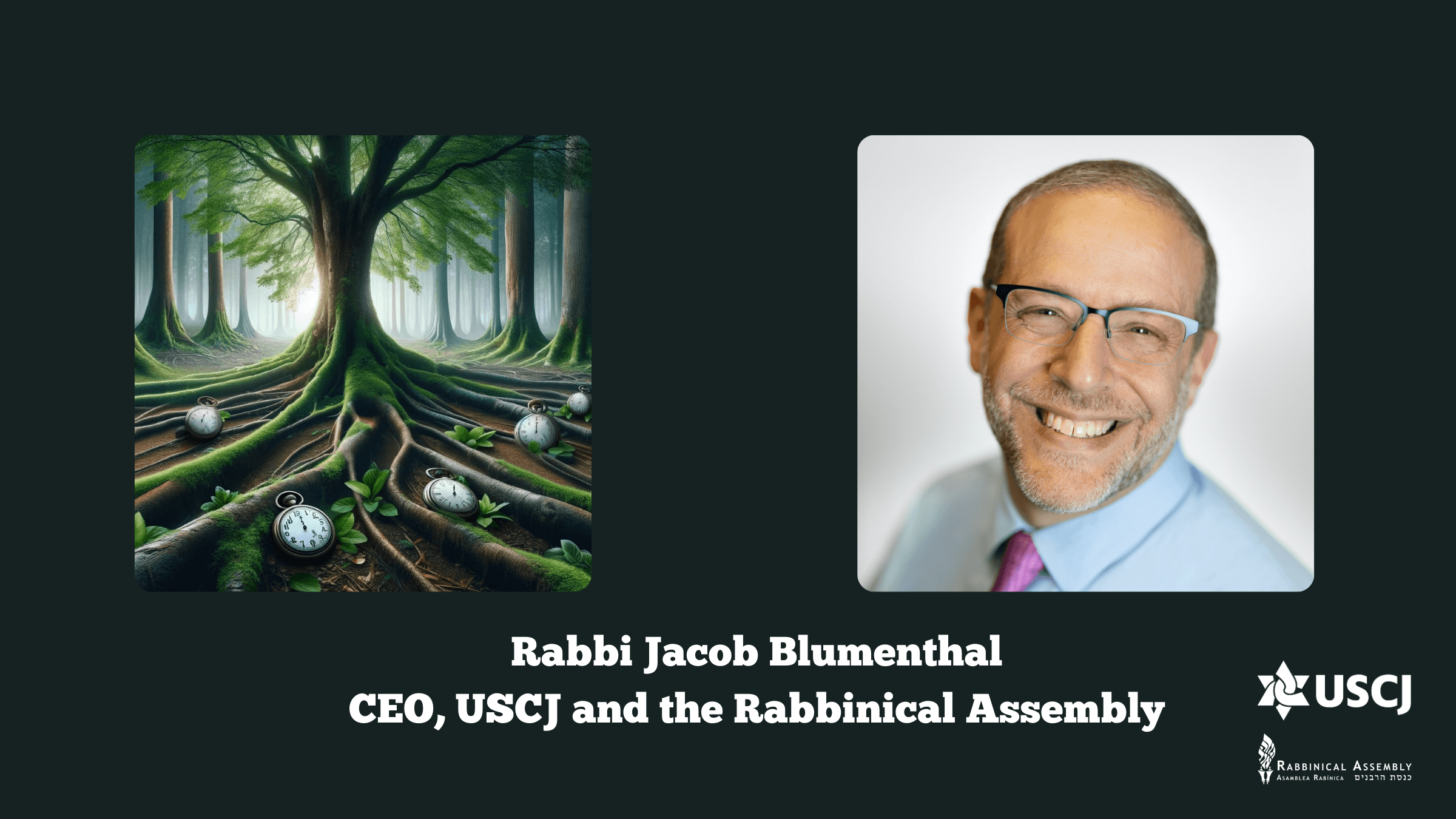Affirming the Miracle of Creation
The Talmud claims that though each of us may be different from one another, we are all created in the same way, in the same form.

It is remarkable that while human beings share over 99% of our DNA, we often focus on our differences. Moreover, we tend to use those differences to establish hierarchy and privilege.
A famous teaching of the Talmud (Mishnah Sanhedrin 4:5) establishes equity as a Jewish value:
“A tribute to the greatness of the Holy Blessed One is that when a person stamps several coins with the same seal, they all look alike. But the Great Sovereign, the Holy Blessed One, creates each person using the seal of the first person (Adam), and no two look the same. For this reason every person is obligated to say, ‘For me the world was created.’”
The Talmud claims that though each of us may be different from one another, we are all created in the same way, in the same form. This text expands on the theme of creation in the book of Genesis, which stresses that we all come from one common ancestor. Therefore, as the Talmud tells us, “No one can claim that their ancestor was greater.” The text insists that every human being is entitled to the same gifts from the world.
And yet, the miracle of creation is that while we are all “stamped in the same mold,” we look different, have different personalities, and different talents. The reflection of the Divine is in our simultaneous essential sameness and presenting difference.
I’m also struck by the concluding sentence of the passage. It insists that “each person is obligated to say” that they have an equal share in creation. When we are denied our standing, we have the right to affirm it. And we have the obligation to listen carefully to others who affirm this value of equity. This mandate speaks to the heart of DEI work and it motivates me to stretch beyond my comfort zone.
As a leader and manager, I’m often naturally drawn towards people who are most like me — perhaps how they look, or their leadership style, personality, or set of life experiences and commitments. But I’m trying to learn how to value differences and diversity — to be curious about, learn from, and empower those with totally different life experiences or approaches.
By their nature, organizations require hierarchy, systems, and power structures to define and reach their goals. But our organizations also require cultures that value the unique gifts and talents that each professional or volunteer brings to the work. Affirming this value in our workplaces furthers the miracle of God’s creative power and presence — and strengthens our collective humanity.
“Moving Through the Wilderness: Recommitting to Equity After 10/7” is a collection of brief essays born out of Elevate: An Executive Leadership Equity Accelerator. Elevate launched in May 2023 and its first cohort consisted of eleven CEOs of influential Jewish institutions, who are committed to the Jewish value and responsibility of equity within our community. The idea for this project emerged in Montgomery, Alabama during one of Elevate’s in-person convenings in early 2024. To learn more about Elevate and the program’s co-founders and leaders, Gamal J. Palmer and Catherine Bell, click here.
Moving Through the Wilderness is presented in partnership with the Forward, the leading voice in Jewish journalism. Read more essays in the collection.












